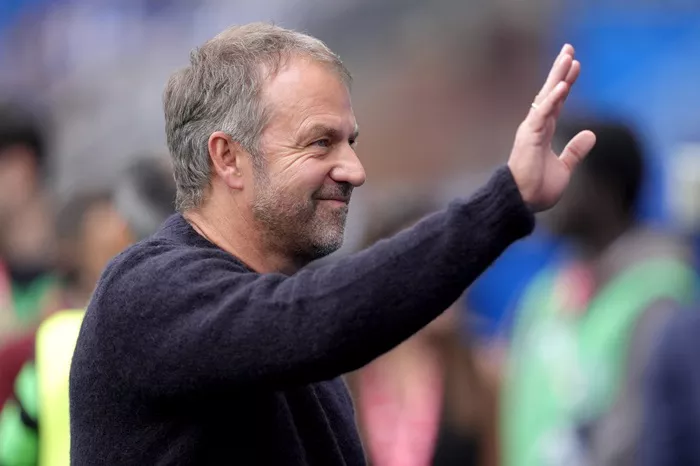Julio Tous, a prominent figure in physical preparation, has become a key member of Barcelona’s staff under coach Hansi Flick. With a decade-long history of working alongside Antonio Conte at clubs like Juventus, Chelsea, and Inter Milan, as well as the Italian national team, Tous is widely regarded as one of the foremost experts in sports science. In an exclusive interview with Sergio Levinsky, Tous shares his insights on Barcelona’s football philosophy, the importance of teamwork, and the evolving role of physical preparation in modern football.
In discussing Barcelona’s recent success, Tous emphasizes the importance of blending traditional Barcelona methods with the new ideas brought by Hansi Flick. According to Tous, while Barcelona has always been known for its innovative approach to football, Flick’s influence has added a layer of synergy that has enhanced the team’s overall performance. The combination of German football principles with Barcelona’s established school of play has proven to be effective, allowing Tous and the rest of the coaching staff to work seamlessly with Flick. Tous notes that this collaborative atmosphere has been crucial in the team’s successful season.
When reflecting on his role in the Barcelona system, Tous recalls a phrase from Paco Seirul-lo’s book on Barcelona’s football philosophy, where Seirul-lo claims that “the pupil has surpassed the master.” Tous admits that the statement left him feeling immense pressure, as he has worked closely with Seirul-lo for over 30 years. Tous interprets Seirul-lo’s comment as a way of expressing confidence in the legacy he has helped carry forward, not just for himself but for the broader network of professionals who have refined Barcelona’s training methods over the years.
Tous also delves into the methodology that underpins Barcelona’s physical preparation. Drawing from Seirul-lo’s pioneering work, Tous explains that the physical training techniques initially developed for handball and later adapted to football have been crucial in creating Barcelona’s identity. However, Tous argues that while these techniques are highly effective in team sports, football’s unpredictable and chaotic nature requires more than just simple adaptations of methodologies used in individual sports. He suggests that football-specific approaches, like Victor Frade’s tactical periodisation, offer a more tailored solution to the complexities of football.
Touching on the role of science in football, Tous dismisses the notion that football itself is a science but acknowledges that scientific knowledge can be beneficial in enhancing performance. He points out that while football is not always predictable, data-driven approaches have proven invaluable, particularly in areas such as injury prevention. Tous notes the growing role of big data in football, even though he cautions against over-reliance on it. He cites Barcelona’s success in defying expectations, especially when bookmakers predicted a challenging season for the club, as a reminder of how football can defy algorithms.
On the topic of player health and injury prevention, Tous highlights the demanding nature of modern football, where players are required to participate in an ever-increasing number of competitions. Tous points out that, although Barcelona has opted out of the Club World Cup this season to protect player health, other teams like Real Madrid and Atletico Madrid will face the challenge of managing their players’ physical load. The sheer volume of matches, coupled with international fixtures, puts additional strain on players, making it difficult to maintain performance levels over a long season.
Tous also emphasizes the importance of rotation to prevent injuries and maintain player performance, although he acknowledges that for top clubs like Barcelona, the desire to win every competition often limits the ability to rotate players effectively. For Barcelona, the focus has been on enhancing physical support and medical resources to mitigate the risk of injury and to maintain the high performance levels set during pre-season.
In light of the challenges posed by the demanding football calendar, Tous reflects on how next season might unfold, particularly with Barcelona’s rivals facing additional strain from international competitions. He points out that Real Madrid and Atletico Madrid’s participation in the Club World Cup will result in a packed schedule, leaving them with limited time to recover. Tous warns that the short rest period might complicate their ability to regenerate physically and mentally before the new season begins.
Related Topics:
Barcelona Targets Injury Recovery for Olmo and Araujo Before 2025-26 Season


